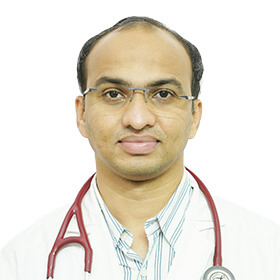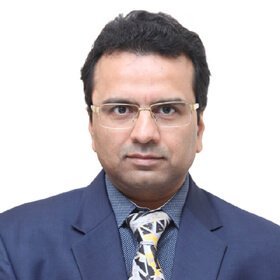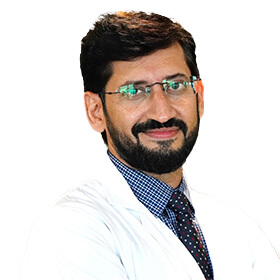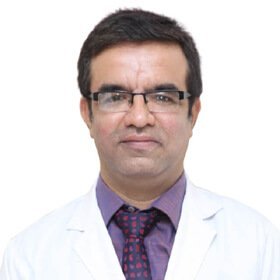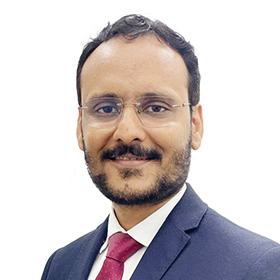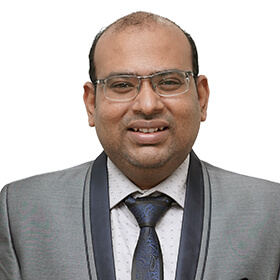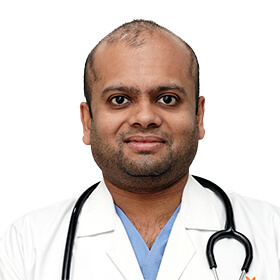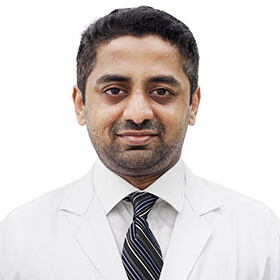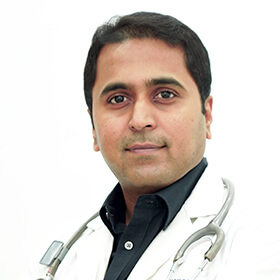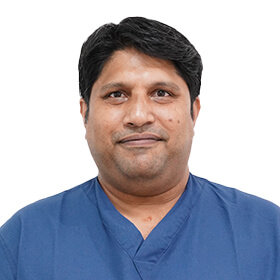Best Head and Neck Reconstruction Surgery Doctors
FAQ’S
Is the specialty of surgery of the head and neck?
Ear, nose, and throat physicians, or otolaryngologists, are referred to as head and neck surgeons. Otolaryngology (ear, nose, and throat surgery) is a surgical speciality that includes the diagnosis and treatment of a wide range of head and neck disorders. Different forms of head and neck cancers can be treated with head and neck surgery.
What is a head and neck specialist called?
A doctor of medicine who specialises in disorders of the head and neck, especially those involving the ears, nose, and throat, is known as an otolaryngologist-head and neck surgeon. The terms “oto-rhino-laryngology” and “oto-rhino-laryngology” are derived from the Greek words “oto” for ear, “rhino” for nose, and “laryn” for throat.
What do head and neck surgeons do?
An otolaryngologist- or a head and neck surgeon is a doctor who treats patients with diseases and disorders of the ears, respiratory and upper digestive systems, and associated structures of the head and neck.
What are the side effects of neck surgery?
Neck surgery also carries the same risks as any other operation. Prior to surgery, the doctor will discuss the procedure’s possible complications with you. The following are some of the risks involved with neck surgery:
- Hematoma or bleeding at the surgical site
- C5 palsy
- Degeneration of areas surrounding the surgical site
- Infection at the surgical site
- Injury to the nerves or spinal cord
- Cerebrospinal fluid (CSF) leakage
- Incomplete spinal fusion
- Loose or dislodged screws and plates
- Chronic pain or stiffness post surgery
Furthermore, the surgery may not be effective in relieving the discomfort or other symptoms, or you may need further neck surgeries in the future.
Depending on the locations of the surgery i.e whether it is performed in front of the neck (anterior) and back of the neck (posterior) there can be certain risks. These include:
- Hoarseness, difficulty breathing or swallowing, and damage to the oesophagus or arteries are all side effects of anterior surgery.
- Posterior surgery causes artery damage and nerve stretching.
How long does neck surgery take?
Neck surgery normally takes 1 to 2 hours, but it can take up to 3 hours or more. The duration of time depends on the number of discs removed, the severity of the disease in the discs or vertebrae, and other factors. Your surgeon will provide you an estimated time i.e how long the procedure may take.









